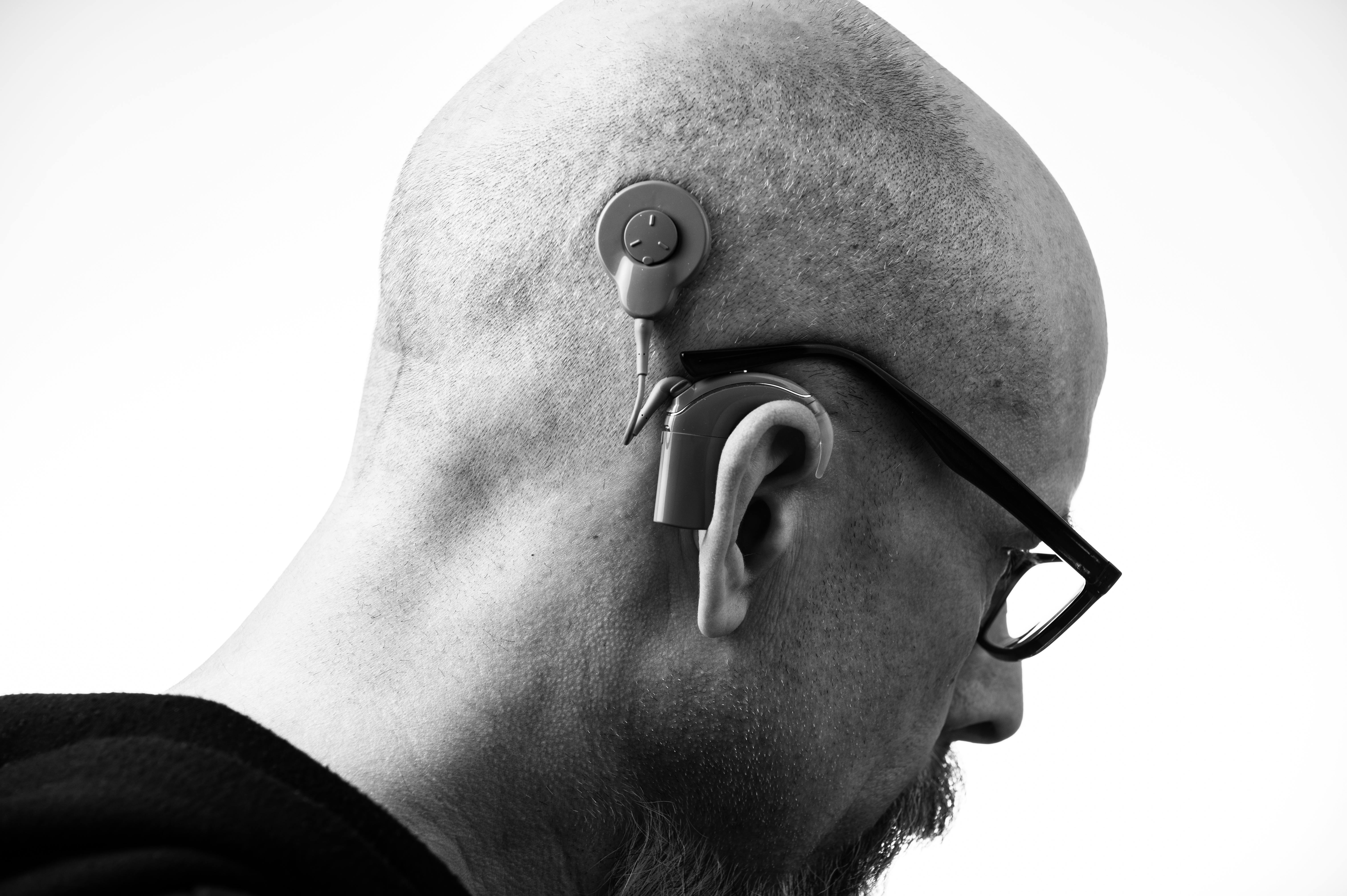
It’s easy to assume a lot of different aspects about the legally deaf that simply aren’t true.
While these misconceptions may appear harmless at face value, such ideas can be very harmful toward fostering greater respect and understanding toward this community.
Here are some misconceptions about hearing-impaired individuals, and what the facts actually are:
Deaf People Cannot Talk
Deafness does not mean that someone is mute. In fact, some individuals that have profound hearing loss – meaning that they are almost or completely deaf – are able to speak their preferred language extremely fluently, with no slurring whatsoever.
Most Deaf Individuals Use Sign Language
While this may sound like a no-brainer, the truth is that roughly 1 in 10 legally deaf people practice sign language.
Many hearing-impaired individuals may prefer to lip read or speak their preferred language normally.
This can be due to a multitude of factors, one of the main ones being that many such people often lose their hearing later in life, and are already used to verbal communication.
Deaf Parents More Likely To Conceive Deaf Children
This is wildly untrue. 9 out of 10 children that are born with hearing impairments have parents that have no trouble hearing.
That said, deafness can be a hereditary trait, though babies that inherited such genetic conditions aren’t immediately born deaf.
Inherited deafness can often develop over time, sometimes during childhood. In fact, there are cases where inherited deafness only becomes apparent far into one’s adulthood.
Either way, such instances are comparatively rare. So if you’re planning to conceive a child with a partner who is hard of hearing, don’t jump to conclusions on your own.
Shouting Helps Communicate With The Hearing Impaired
While there are many cases in which raising your voice helps, shouting tends to distort your facial expressions significantly.
Distorted expressions and yelling both affect the way your mouth moves when communicating, which can make it more difficult for someone to lipread you.
It’s generally better to simply speak calmly and focus more on your pronunciation, not your volume.
All Deaf People Can Benefit From Hearing Aids
Hearing aids generally work by amplifying sound. Unfortunately, this is only beneficial if an individual at least has some residual hearing ability that can be amplified.
If the individual is completely deaf, hearing aids won’t help at all. By extension, some people have hearing impairments that distort the sound entering their ears.
This means that even if a hearing aid is used, it would merely amplify that distorted sound, and words won’t be heard correctly – if at all – by that individual.
Ultimately, deafness is an often misunderstood trait that places unfair stigma on those who are hard of hearing.
A little more awareness would go a long way toward ensuring this community is appreciated and respected — not simply in spite of their deafness, but also because of it.
References
Carola Finch (2022) 12 Myths and Misconceptions About Deaf People [Accessed 15 January 2024] Available at: https://youmemindbody.com/disabilities/Myths-and-Misconceptions-About-Deaf-People